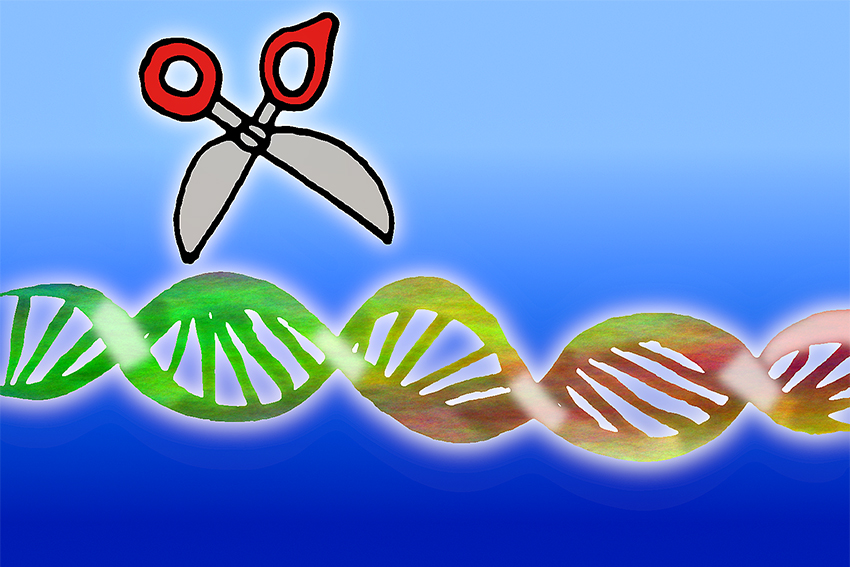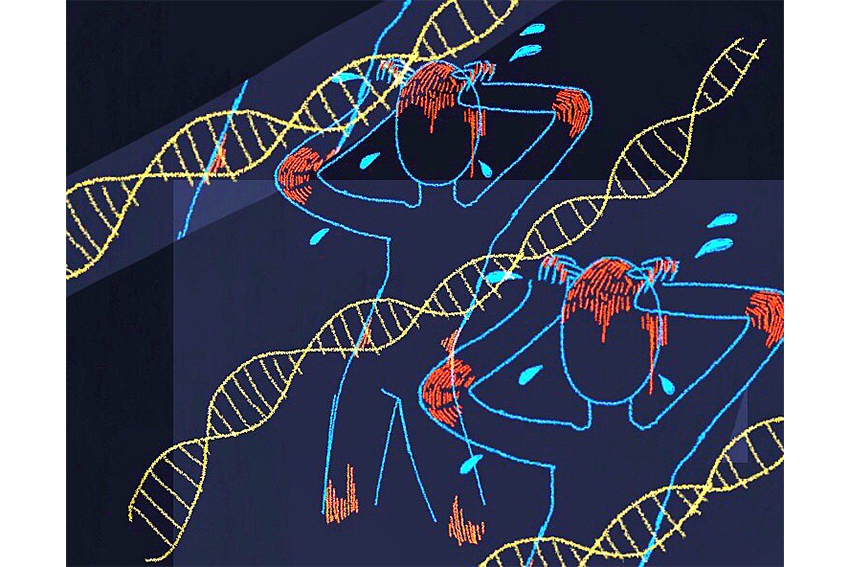While it’s called a pregame meal, athletes shouldn’t pregame for games like people do for parties.
Keli Hawthorne, director of clinical research in the Department of Pediatrics at Dell Medical School, said the ideal pregame meal should consist of carbohydrates and fluids to help guard against dehydration.
“Carbs fuel the athlete’s muscles and brain for athletic performances,” Hawthorne said. “The meal should also have lean protein, which provides a feeling of fullness. Sandwiches with ham or turkey or pasta with marinara sauce and chicken work well.”
Fluids help the body compensate for the loss of salts and minerals from sweating during the game, Hawthorne said.
“(Athlete’s should begin hydrating) about four hours before the competition,” Hawthorne said. “Anywhere between 16 to 32 ounces of water is sufficient. Sports drinks, fruits and vegetables also help.”
Another drink of choice is low-fat or skim milk because they are fluids that contain carbohydrates and proteins, Hawthorne said. It’s important for athletes to take advantage of practices to experiment with their diet and learn about what works for their body, Hawthorne said.
Mara Royse, a international relations and global studies junior on the UT Women’s rowing team, follows Hawthorne’s advice because she usually has oatmeal, eggs, water and electrolyte chews for her pregame meal. Yet finding the perfect pregame meal isn’t easy, she said.
“It took me about a year to find what works,” Royse said. “I would vary the amount of food and fluids I had pre-practice and then see how my body responded afterwards.”
The rowing team’s coaches and nutritionists also help optimize athletes’ meals by recommending nutritional goals and introducing new foods, such as soy protein bars, Royse said.
“It’s important to listen to your body and adapt to its changing needs,” Royse said. “When I don’t get proper pregame nutrition, I have less energy and focus during the race.”
Healthy pregame meals are ideal but may not always be the most convenient option.
Reese Bowman, a fifth-year sports management and business major on Texas Ultimate, said the team gets food on the road since they travel for tournaments.
“Ideally we’d have breakfast tacos, but we usually get McDonald’s,” Bowman said. “It’s more important for us to eat in between games to recover since we play up to five games in a day. We have granola bars, fruits, candy, jelly, bagels, Gatorade and water.”
If they’re desperate, they’ll even drink pickle juice to get salts in their body, Bowman said.
Different demands call for different pregame meals, but healthy meals are extremely important for an athlete, Hawthorne said.
“If the body doesn’t have enough carbs, then it will break down muscles during the game to get energy, and that’s the last thing an athlete wants,” Hawthorne said.





















